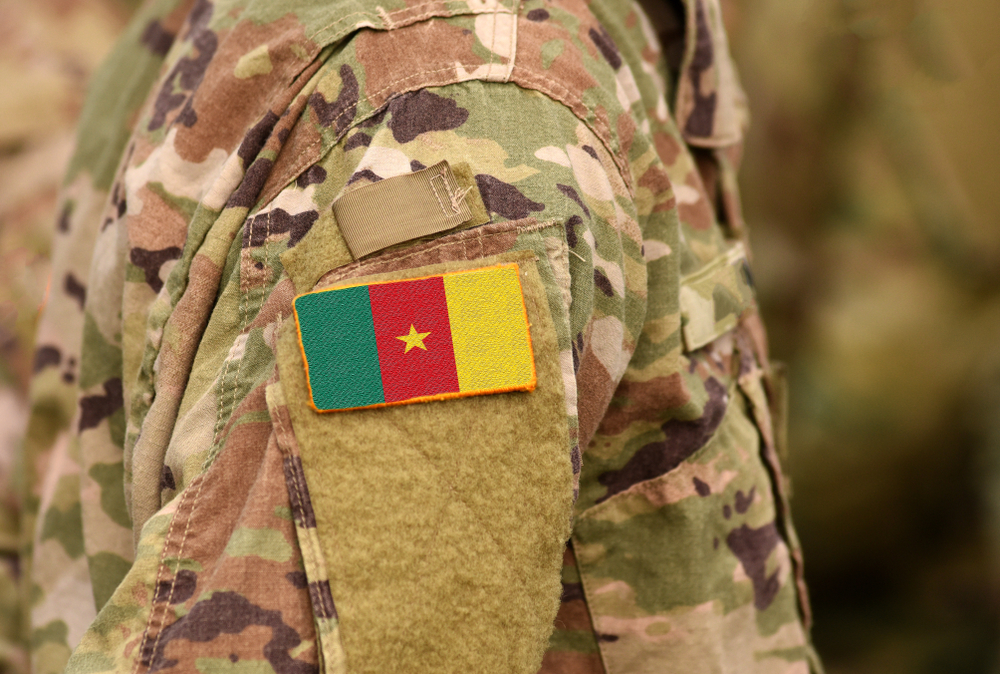Remember when the West and its media outlets managed to cast a quick interest in Boko Haram – the Nigeria-based group that seeks to overthrow the government and replace it with a regime based on Islamic law? And how the West sensualized and frenzied the kidnappings of 276 Chibok schoolgirls and the terrorist acts of the extremist group albeit brief?
Before discarding the novelty of the news of the group, the violence, and the terror the group leaves in its wake, a hashtag #BringBackOurGirls was freshly minted and wildly circulated on the internet. And after very brief slacktivism, it was business as usual. Countries in Africa were left to silently deal with Boko Haram, away from the world spotlight. What the world has blissfully ignored is that hashtags don’t win wars, nor do they restore peace, or heal traumas.
This is the reason why most people don’t know the ongoing humanitarian crises in Cameroon involving the terrorist group Boko Haram. Many believe that the group has ceased to exist because it is not covered by their local network or appear on their social media feeds anymore. In recent years, Cameroon has been dealing with widespread violence, extrajudicial killings, human suffering and displacement and gross human rights violations against Cameroonians caused by Boko Haram, government forces and armed non-state groups. Cameroonians are being kidnapped, raped, tortured, persecuted and killed. Schools are set on fire, infrastructure damaged, and entire villages burned and destroyed.
The Western mainstream media has deemed the situation in Cameroon, Ethiopia, Mauritania, the Democratic Republic of Congo and other countries in an ongoing crisis, as a matter undeserving of newsworthiness. Aborting the news cycle of these coverages from African countries and majorly Black countries in its initial stage after a bare minimum reporting on the issue and before it is fully consumed or before the audience have the chance to interact with it.
The erasure of coverage and in-depth reporting on the crisis in majority Black countries by Western media, the biased and dehumanizing framing and the line of thinking that trivializes war in Black and brown countries are robbing the urgency and humanitarian response from the international community.
Today, over 40,000 Cameroonians live in the U.S. including over one hundred who are currently detained by Immigration and Customs Enforcement (ICE) who are also in constant fear of deportation to the danger many have fled from. It has been over a year since Black-led advocates and allies have been tirelessly organizing and petitioning the Biden administration to designate Temporary Protected Status (TPS) for Cameroon. But the administration has denied the Cameroonians in the U.S. the attention or the swiftness of eight days it took to designate protection to Ukrainians in the U.S. Cameroonians in the United States, along with other Black and African immigrant communities are disproportionately detained and deported back to the imminent danger they fled from.
Imagine the outrage and horror the world would have displayed had the ICE and the Biden administration started to detain and deport Ukrainians back to the crisis in Ukraine. The world would be in an uproar.
Yet, Cameroonians, Haitians and other Black migrants in the U.S are exposed to prolonged and unnecessary detention and mistreatments rooted in racism and xenophobia before they are eventually deported to the very danger they escaped from. But no outrage from the international community or a global hashtag or temporary Facebook frame. What deems one’s life precious and determines the other expendable?
Incidents like this and more stand testament to the anti-Black, xenophobic and racist sentiments, policies and amendments that are rooted in white supremacy that continue to harm the Black and brown communities even in the midst of a full-scale war. Be it in the U.S or Europe, Black immigrants face the brunt of cruelty, their lives are deprioritized both while seeking safety from a raging war or seeking protection from deportations.
And just as Black migrants were pushed to the end of the line to board the transportation to safety in Ukraine, here in the U.S, their request to be granted protection is also shuffled back to the bottom of the list.
UndocuBlack “is a multigenerational network of currently and formerly undocumented Black people that fosters community, facilitates access to resources, and contributes to transforming the realities of our people, so we are thriving and living our fullest lives.”
Follow @UndocuBlack on Twitter.








